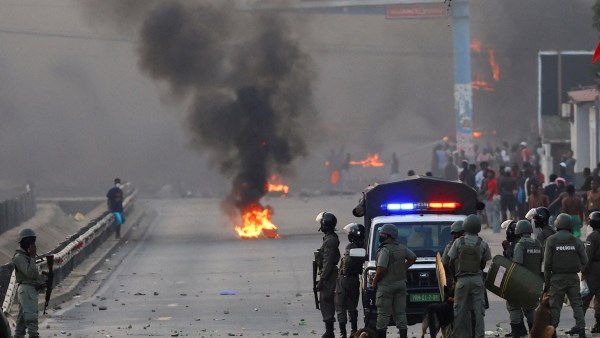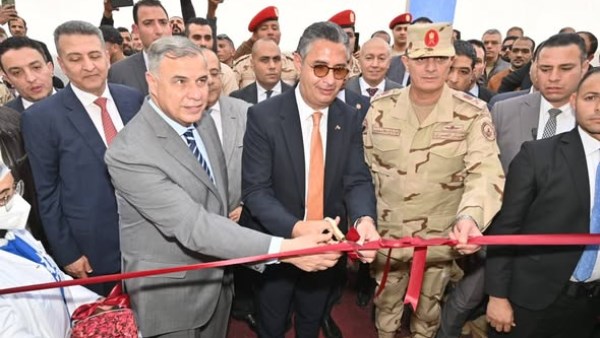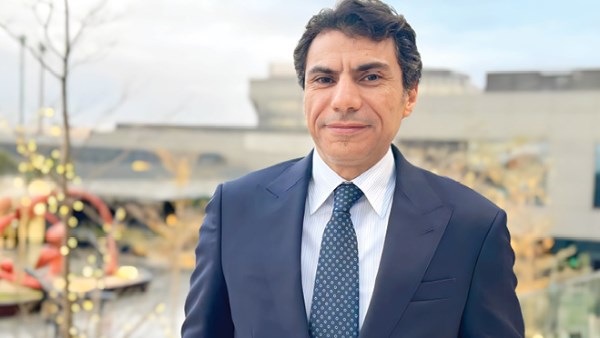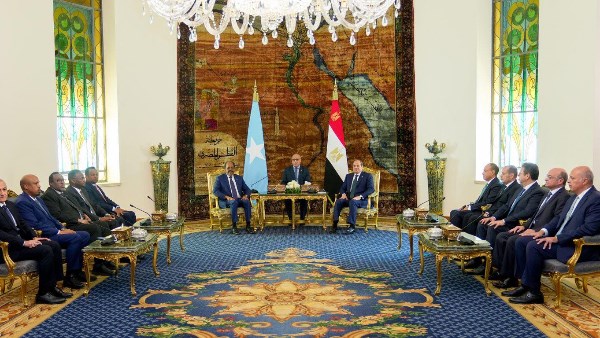
Mozambique has witnessed widespread unrest
Mozambique Cuts Rates to Aid Economy Hit by Post-Election Unrest

Mozambique’s central bank extended its longest easing cycle since 2017 to boost an economy shaken by post-election unrest, while reducing the ratio of reserves that lenders must place with it on deposit.
The Banco de Moçambique reduced its so-called Mimo rate to 12.25% from 12.75%, Governor Rogerio Zandamela said on Monday, in a move marking the seventh straight rate cut. It also lowered reserve requirements on foreign and local currency liabilities to 29.5% and 29% respectively, from 39.5% and 39%, after International Monetary Fund advice.
The decision was supported by expectations that inflation will remain in single digits in the medium term, “despite the increase in risks and uncertainty associated with the projections particularly those from post-election tensions, fiscal risks and climate shock,’ the governor told a press briefing in Maputo, the capital.
Widespread Unrest
Mozambique has witnessed widespread unrest since disputed elections on Oct. 9, which extended the ruling party’s 49-year rule.
Opposition presidential candidate Venâncio Mondlane rejected the outcome of the vote as fraudulent and orchestrated protests that have led to border closures and port terminal suspensions. Local observers say at least 314 people have died, most killed by police bullets.
The demonstrations have disrupted mining operations, halted cross-border trade and seen widespread looting — Standard Bank Group Ltd. expects national output to shrink for two straight quarters because of the turmoil.
The unrest has also led to a surge in inflation. It quickened to 4.2% in December from 2.8% the month before as the price of bread and fish advanced.
Mondlane earlier this month told supporters to stand down while threatening the resumption of protests if Daniel Chapo, sworn in as president on Jan. 15, doesn’t meet a list of demands in the next three months. These include a reduction in electricity tariffs.





-1120252475029447.jpg)













